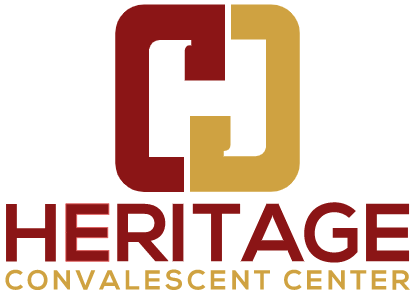Financial Services
Medicare A or HMO
To utilize these insurances to pay for the stay, a resident must have a hospital stay that consists of 3 midnights. This will pay for therapy, skilled nursing care, and room/board/supplies. If Medicare A is the primary insurance, it will pay days 1-20 at 100% and days 21-100 at 80%. The other 20% will generally be paid by the supplement if the specific plan allows. If an HMO is listed as the primary insurance, it is dependent on plan as to what is paid. Variations of the plan include deductible amounts, if the facility is in or out of network, preauthorization requirements, and how much therapy they will approve.
Medicaid Pending
Each case and situation is different. Our knowledgeable business office manager can help determine if a resident qualifies or what steps would need to be taken to get qualified for this insurance. We assist the family in filing out and submitting the application with the required supporting documents. In more complicated cases, we recommend scheduling a complimentary consultation with Paul Hyde Elder Law Firm.
Long Term Care Insurance
We accept most long-term care insurances. Many have previously prepared by purchasing this type of policy in anticipation of needing care in the future. Please call the insurance to determine what is paid.
Private Pay
We encourage residents and family to see if they qualify for Medicaid even if they doubt they would qualify. However, if this does not work for the situation, we accept self-pay. It should also be noted that not all items are included in the daily rate and would need to be paid in addition. Please contact our business office for details and pricing.
Applied Income
When a resident is approved for Medicaid and is receiving benefits, Medicaid determines how much, if any personal funds are to be paid to the facility. This is essentially a “co-pay” for Medicaid to pick up the tab on the rest. However, the resident will be given $75 each month to spend on what they choose.
Trust Fund
Our business office manager also acts as a “bank” to safeguard personal funds. Residents may deposit or withdraw money to keep it safe until they want to use it.
Tax Deductions
The Internal Revenue Service (IRS) offers tax deductions on some costs related to senior care. Generally, it is allowed to be able to deduct certain medical expenses if they are over 7.5% of the adjusted gross income. There are rules on what can and cannot be deducted, but tax deductions can go a long way. Since the tax rules are complex, it’s always best to consult an accountant or tax advisor. Their expert knowledge may be able to help free up more money.
